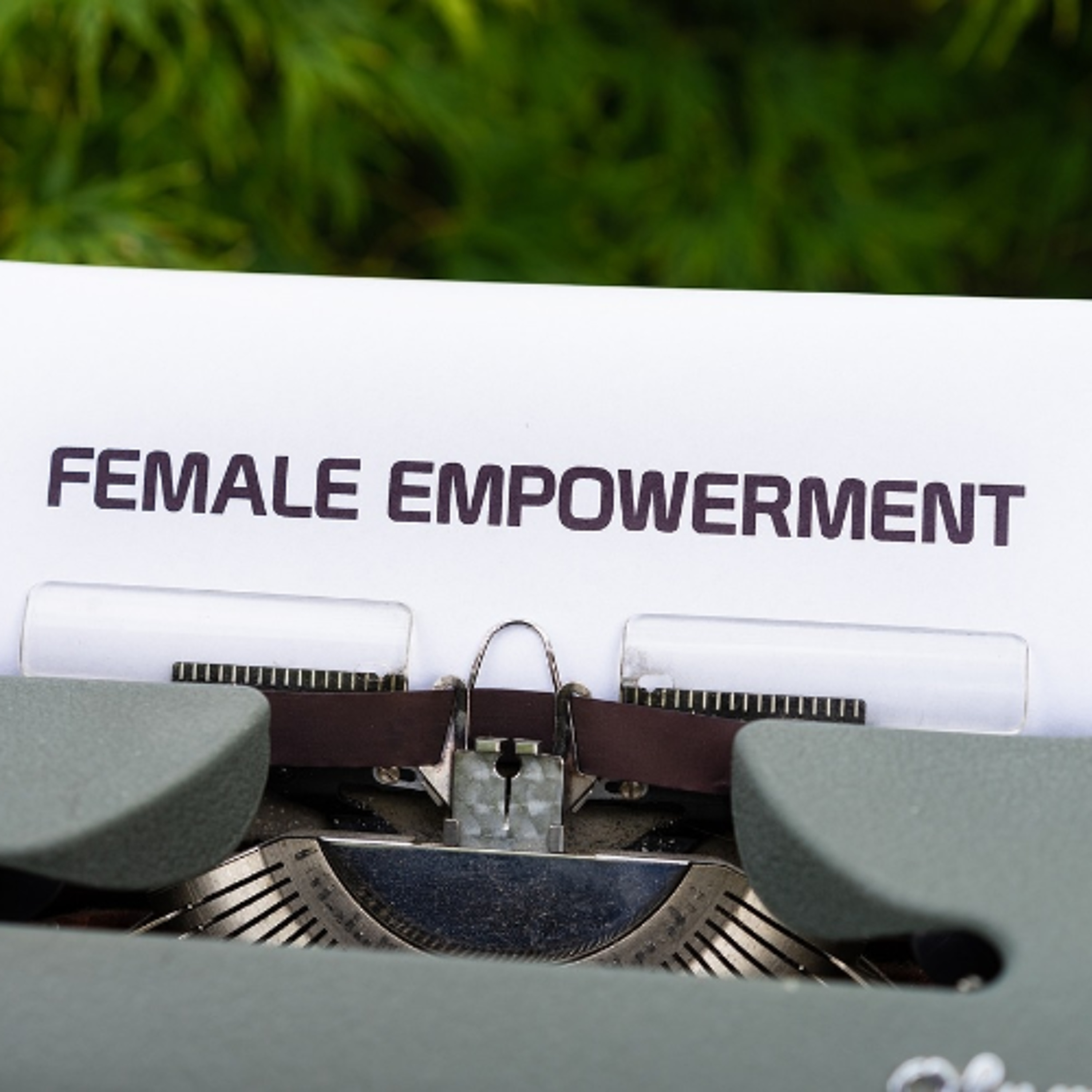Jan 27 2025 2 mins 1
In the tribal villages of Kudoshi, rural India, a group of determined girls is rewriting their futures through Kabaddi, a high-energy contact sport now played in over 50 countries. For these young women, Kabaddi is far more than a game—it’s a powerful escape from a life confined to household chores and societal expectations.
A Kabaddi match involves two teams of seven, with players sprinting into the opposing side to tag rivals and return without being tackled. In 2008, local teacher Daji Rajguru started the region’s first all-girls Kabaddi club to empower young women. Despite resistance from families who feared for their daughters’ safety and marriage prospects, the club persevered. Teachers gained trust by escorting the girls to training sessions, showing families that the sport could be both safe and transformative.
Fifteen years later, the club boasts 30 active players and has trained over 300 girls. Some train up to four hours a day, even amid ongoing disapproval from family members. Alumni like Siddhi Chalke and Samreen Burandkar, now professional league players, stand as living proof of Kabaddi’s potential. Samreen, whose earnings surpass anyone else in her family, credits the sport for her financial independence and freedom. Success in Kabaddi can also open doors to government jobs, offering long-term security.
Beyond financial benefits, the sport fosters confidence, higher education opportunities, and delayed marriages. The club sustains itself through contributions from coaches, competition prizes, and donations, covering training, food, and medical expenses. The coaches play a dual role as mentors, guiding the girls not just in the sport but through life’s challenges.
For these girls, Kabaddi is more than a game; it’s a pathway to self-reliance, empowerment, and a brighter future. This initiative proves that with determination and support, even deeply rooted barriers can be overcome.
A Kabaddi match involves two teams of seven, with players sprinting into the opposing side to tag rivals and return without being tackled. In 2008, local teacher Daji Rajguru started the region’s first all-girls Kabaddi club to empower young women. Despite resistance from families who feared for their daughters’ safety and marriage prospects, the club persevered. Teachers gained trust by escorting the girls to training sessions, showing families that the sport could be both safe and transformative.
Fifteen years later, the club boasts 30 active players and has trained over 300 girls. Some train up to four hours a day, even amid ongoing disapproval from family members. Alumni like Siddhi Chalke and Samreen Burandkar, now professional league players, stand as living proof of Kabaddi’s potential. Samreen, whose earnings surpass anyone else in her family, credits the sport for her financial independence and freedom. Success in Kabaddi can also open doors to government jobs, offering long-term security.
Beyond financial benefits, the sport fosters confidence, higher education opportunities, and delayed marriages. The club sustains itself through contributions from coaches, competition prizes, and donations, covering training, food, and medical expenses. The coaches play a dual role as mentors, guiding the girls not just in the sport but through life’s challenges.
For these girls, Kabaddi is more than a game; it’s a pathway to self-reliance, empowerment, and a brighter future. This initiative proves that with determination and support, even deeply rooted barriers can be overcome.
